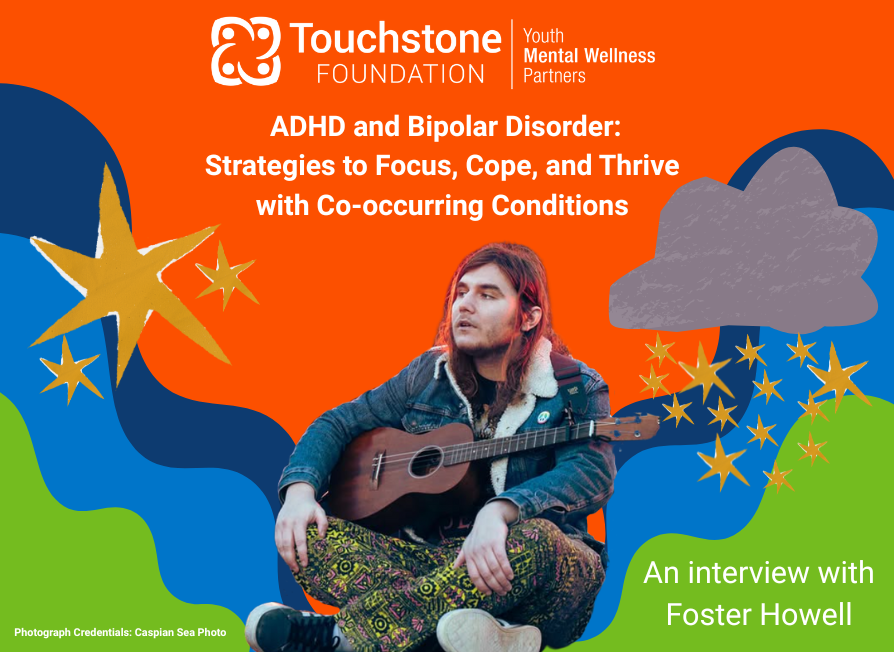At LOHF, we’re connecting our grant partners to understand where they see the need for trauma-informed care in our community, and how we can collectively fill the gap for children. Our first step was to host a grant partner cohort earlier this month.
Adverse Childhood Experiences (ACEs) & Trauma-Informed Care
Mental healthcare providers are beginning to embrace the research on Adverse Childhood Experiences (ACEs). They are changing their assessment approach from “What is wrong with you?” to asking, “What happened to you?” At the same time, there is still a need to equip direct service providers and first responders to understanding trauma.
Creating a Trauma-Informed Community
The cohort resulted in a free-flowing exchange of ideas, resources, and challenges. Organizations who participated in the discussion are finding resourceful ways to bring trauma-informed care to their work. This includes: delivering comprehensive therapy to children and their families; holding trauma trainings for the public; school initiatives, and faith-based initiatives. It was agreed that there is still much work to do for Lancaster County to become a trauma-informed community.
What’s working in Lancaster County?
- Some of our grant partner organizations incorporate Cognitive Behavioral Therapy (CBT) and Dialectical Behavioral Therapy (DBT) into trauma care for children and teens.
- There is a need for more local providers to become certified to treat with CBT.
- Samaritan SafeChurch equips local religious congregations to prevent child abuse.
- TeenHope is screening adolescents for depression and connecting them to treatment.
- Community Action Partnership and the RMO are hosting Trauma 101 trainings for the community and service providers.
- Seeking Safety
- Another grant partner offers Screening, Brief Intervention and Referral to Treatment (SBIRT) for ages 12 and older.
- Through a joint collaboration, Lancaster County community members successfully launched Lancaster County (PA) ACEs & Resilience Connection. ACEs Connection is a social network to raise awareness of ACEs and the need for trauma-informed care. It connects education, healthcare, and other community sectors to information and resources about trauma-informed care.
Next Steps
The cohort identified lack of training and education as the biggest gap to becoming a trauma-informed community. With appropriate basic training, direct service providers, first responders, corrections officers, educators, and others could have the greatest impact toward healing our children and families from ACEs trauma. The cohort has begun to explore solutions. Suggestions included eliminating barriers to mental healthcare, integrating primary healthcare and behavioral healthcare, and community revitalization.
To learn more, or join the movement to make Lancaster County a trauma-informed community, visit the Lancaster County (PA) ACEs & Resilience Connection group online community.




